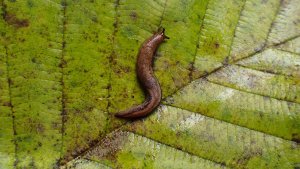Presented By: Ecology and Evolutionary Biology
EEB Tuesday Lunch Seminar: Studying speciation in terrestrial gastropods: integrating genomic, ecological, and morphological data
Megan L. Smith, Ph.D. Candidate, Department of Evolution, Ecology and Organismal Biology, The Ohio State University

Speciation is of fundamental interest to evolutionary biologists, and is driven by a complex interplay of factors. By integrating genomic, ecological, and morphological data, we can begin to disentangle the process of speciation. The Pacific Northwest of North America has a rich history of phylogeographic research, and temperate rainforest endemics from the region have been influenced by a diverse array of factors, including climatic and geologic events. By studying groups from this region in a comparative context, we identify ecological and morphological traits influencing species responses to these events. Further, by studying speciation and species limits in an integrative context, we can begin to understand how these and other factors have contributed to speciation. We focus on terrestrial taildropper slugs (Genus Prophysaon), and infer a history of divergence followed by secondary contact, with ecological data suggesting that reinforcement may have driven speciation. By integrating across datatypes and considering the processes that drive speciation, we infer biologically meaningful species limits and learn about which factors led to speciation.